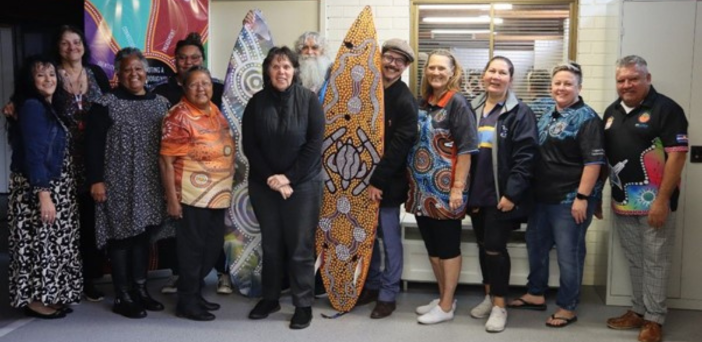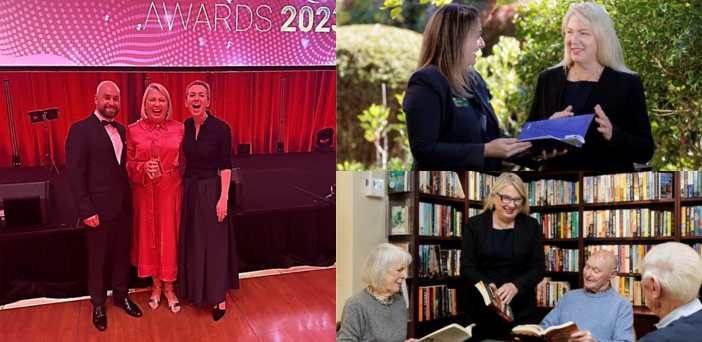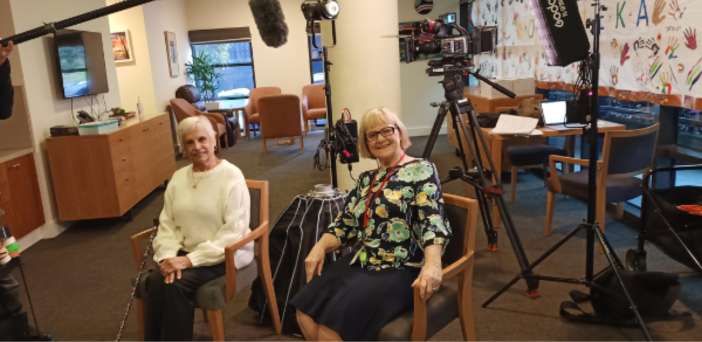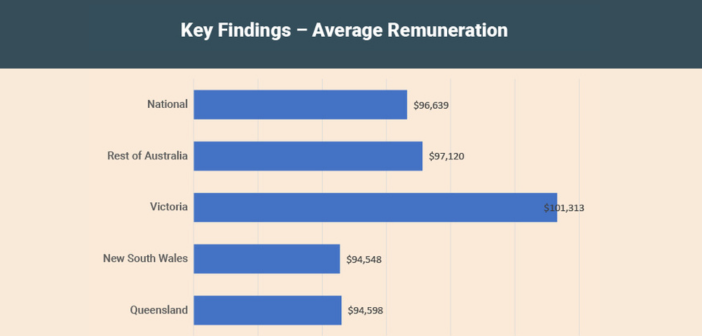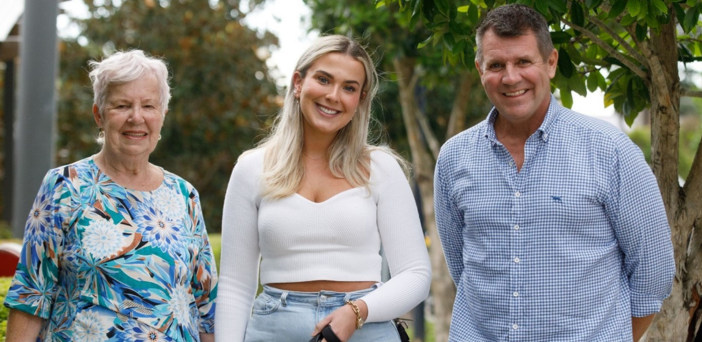Earlier this week the DCM Institute presented two webinars in partnership with the Retirement Village Residents’ Association of NSW, during …
Events to mark NAIDOC Week, 2 July to 9 July, will take place throughout Australia and lots of retirement living …
There was lots of excitement for the residents at Aveo Group’s The Manors of Mosman last week when their Community …
The gender pay gap continues to be a pressing issue across various industries, and the retirement village sector in Australia …
The DCM Institute survey of 186 retirement village and community managers across Australia asked how long Village Managers intend to …
Tasmanian Attorney-General and Minister for Workplace Safety and Consumer Affairs, Elise Archer, today said it will amend the 2004 Act …
In a joint submission to the proposed changes to the SA Retirement Villages Act 2016, the Retirement Living Council (RLC) …
Independent research by the DCM Institute has found that the size of a retirement village does increase the likelihood of …
Every older person deserves to age with dignity and without fear. It’s time to stand up, speak out, and protect …
As National Volunteer Week celebrates the incredible contributions of volunteers across the country, Uniting Bowden Brae Residential Aged Care home …
In every senior’s living community, a high proportion of residents will be experiencing grief in one form or another. How …
Tens of thousands of people, of all ages, volunteer to contribute enormously in retirement villages and aged care homes. The …


